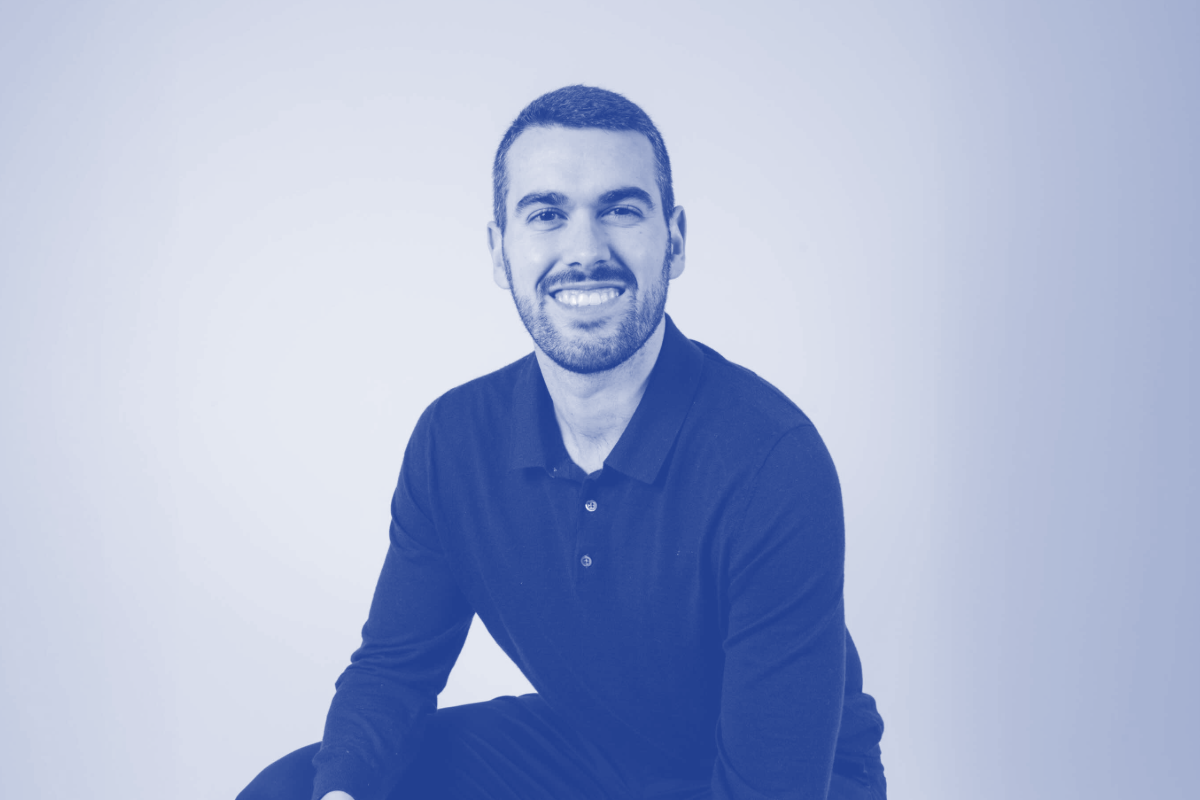Diogo Vaz, a Ph.D. student at Técnico Lisboa and INESC-ID has visited the Distributed Computing Lab at the École polytechnique fédérale de Lausanne (EPFL) within the scope of the BIG ERA Chair project. The visit is part of the project’s task to promote the exchange of doctoral students and junior researchers between LARSyS and INESC-ID, and partner institutions. Below, Diogo Vaz answers a few questions about his experience.
Diogo Vaz’s main objective with this visit was to explore the of use machine learning techniques to automatically generate fault-tolerant distributed algorithms, the basis of blockchain technologies, which is the core technology of the BIG project. He also aimed to disseminate and discuss the research he is conducting, cooperate with external researchers on that research, increase his professional network of contacts, and get in touch with the research that is being done in the field of Distributed Systems in other European research groups.
How was the experience of carrying out part of your Ph.D. research work at another European University, in your case, the École Polytechnique fédéral de Lausanne (EPFL)?
It was an incredibly enriching experience. EPFL is an outstanding institution—cosmopolitan, multicultural, and a fantastic place to study and pursue research. The university boasts a vibrant, stimulating, and challenging environment, featuring weekly talks by professors and researchers from around the world, as well as various extracurricular activities, including courses and informal events organised by students, alumni, and companies. I was warmly welcomed and integrated into EPFL and the Distributed Computing (DC) lab. The discussions I had with Ph.D. students, professors, and researchers were invaluable for both my current and future work. It was a privilege to be part of EPFL.
What have been the most significant outcomes or highlights from your interactions with researchers at the host institution, particularly from your host Professor Rachid Gerraoui?
Engaging in discussions about my Ph.D. research with other Ph.D. students, researchers, and professors was a constant activity, providing me with numerous insights and ideas, some of which I’m already applying to my work. My discussions with Professor Rachid Guerraoui focused on a specific aspect of my research—automatically verifying the correctness of distributed algorithms. Professor Rachid not only offered valuable suggestions but also recommended relevant papers about the topic. Obviously, when you are a young researcher visiting another university or research lab, especially a top-tier one led by a distinguished researcher like Professor Rachid Guerraoui, the expectation for concrete collaborations is high. I hope this visit marks the first step towards achieving that.
How has this exchange influenced your perspectives or approaches to your current work?
I’ve come back from Switzerland with a “bag” full of research ideas and suggestions, along with challenges and questions to analyze and solve. This experience has led me to delve deeper into specific aspects of my research, which, in the end, will ensure a more robust research work. This visit has undoubtedly inspired me, not only in my current work but also in shaping future research directions.
What advice would you give to other junior researchers considering participating in similar programs?
I would encourage everyone to embrace and participate in these opportunities without fear! Ultimately, the experience will always yield positive results, both personally and professionally. For instance, this was my first solo experience in a different country and my first academic venture outside of Técnico and Portugal. In today’s world, much of scientific research is collaborative, involving various institutions and researchers. For junior researchers like myself, these experiences are invaluable for expanding our network of contacts and sharing our research. I believe this is an excellent investment in our future!
